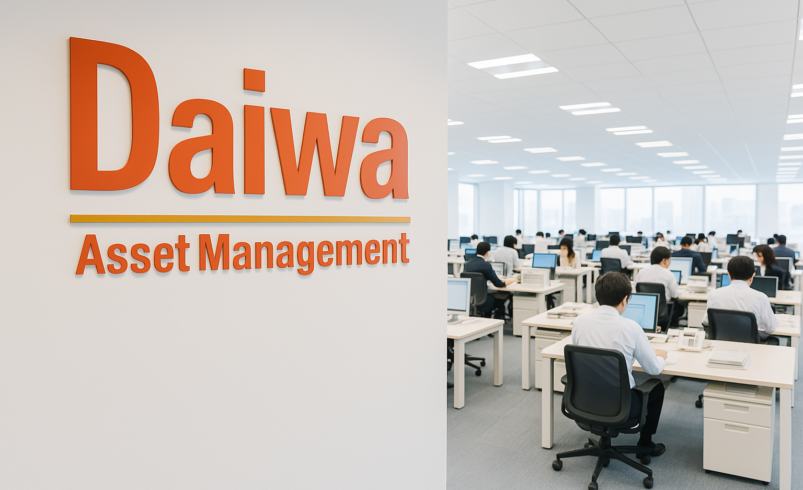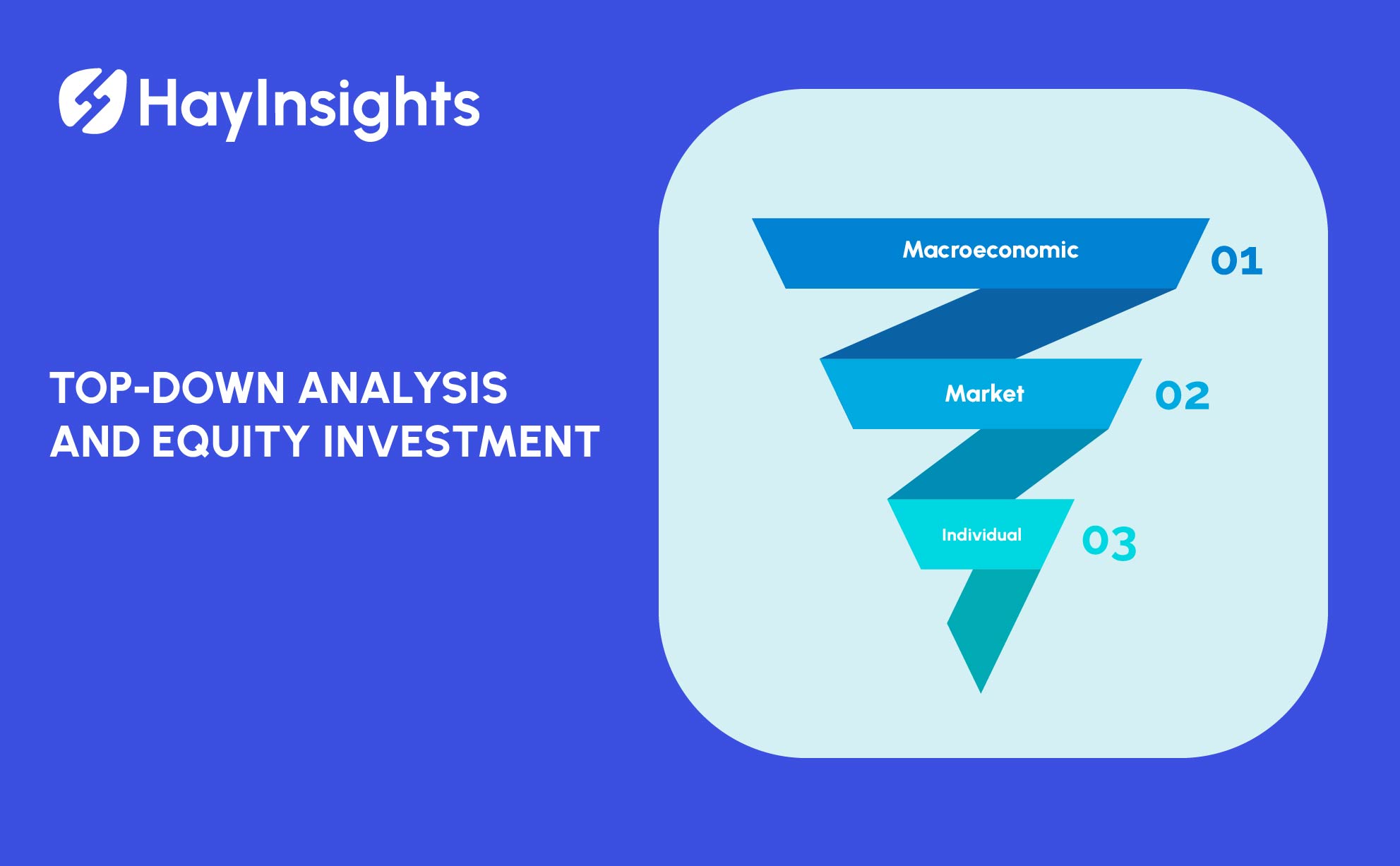
Japan’s Regulatory Landscape: Key Compliance Challenges for Fund Managers in 2024
1. Introduction to the Japanese Fund Management Landscape
Japan’s fund management industry plays a crucial role in both the domestic and global financial markets, backed by an economy characterized by high savings rates, a significant pension system, and one of the most risk-averse retail investor bases worldwide. While the sector holds enormous potential, fund managers in Japan must adhere to an intricate regulatory landscape designed to promote market integrity and protect investors.
Recent years have seen an increase in regulatory reforms, particularly as Japan moves towards aligning with global standards on transparency, environmental considerations, and technological innovation. However, navigating these regulations remains challenging, especially for foreign fund managers looking to establish or expand their presence in Japan.
2. Key Regulatory Bodies and Their Roles
Japan’s regulatory environment for fund management is primarily shaped by two authorities: the Financial Services Agency (FSA) and the Bank of Japan (BOJ).
- Financial Services Agency (FSA): The FSA is the central regulatory authority for financial services in Japan, overseeing compliance and enforcement within the fund management sector. Its objectives include enhancing market transparency, investor protection, and the overall stability of Japan’s financial systems. The FSA enforces core legislation, such as the Financial Instruments and Exchange Act (FIEA), through regular inspections, compliance monitoring, and investor protection initiatives.
- Bank of Japan (BOJ): The BOJ, while not directly regulating fund managers, plays a significant role in shaping monetary policy, which indirectly affects fund management strategies. The BOJ’s policies on interest rates and currency stabilization have a substantial influence on asset allocations and risk management strategies.
Together, these regulatory bodies enforce a framework aimed at ensuring that fund managers operate transparently, with strict adherence to disclosure and investor protection standards.
3. Financial Instruments and Exchange Act (FIEA)
The Financial Instruments and Exchange Act (FIEA) is one of Japan’s most comprehensive financial regulations. It was enacted to streamline the regulation of financial products, consolidate fragmented laws, and establish a transparent and protective environment for investors.
Key Provisions of FIEA:
- Disclosure Requirements: Fund managers must disclose detailed information about their investment strategies, risk profiles, and potential returns, ensuring that investors are well-informed before making investment decisions.
- Registration and Licensing: FIEA requires all fund managers, both domestic and foreign, to register with the FSA to legally operate in Japan. This includes periodic renewals and compliance audits.
- Risk Management Standards: Fund managers are expected to develop robust risk management frameworks, conduct regular assessments, and maintain compliance with evolving risk management standards.
FIEA’s requirements necessitate a substantial operational and compliance commitment from fund managers, especially as the FSA continues to update regulations to improve investor protection and market stability.
4. Compliance with Anti-Money Laundering (AML) Requirements
Japan’s Anti-Money Laundering (AML) regulations are rigorous and impose strict standards on fund managers for client verification and transaction monitoring. These requirements are designed to prevent illicit activities and comply with international AML standards.
Core AML Compliance Requirements:
- Customer Due Diligence (CDD): Fund managers must verify client identities, including beneficial owners, and monitor for suspicious activities. This due diligence extends to all transactions to prevent misuse of funds for money laundering.
- Suspicious Activity Reporting (SAR): The FSA mandates that any suspicious activities or transactions be reported promptly to the regulatory authorities. Failure to comply with SAR requirements can lead to penalties, further inspection, and reputational damage.
AML compliance is complex and resource-intensive, especially for smaller fund managers or those unfamiliar with Japan’s stringent AML framework. However, adherence is essential for maintaining regulatory approval and operational integrity.
5. Privacy and Data Protection Compliance
Fund managers in Japan must adhere to the Act on Protection of Personal Information (APPI), a data privacy law that outlines how personal information should be handled, stored, and disclosed.
Key Compliance Areas under APPI:
- Data Collection and Storage: Fund managers are required to collect only necessary personal data, maintain strict data protection protocols, and ensure the secure storage of this data.
- Data Breach Reporting: In the event of a data breach, fund managers must promptly report the breach to the FSA and affected individuals, detailing the extent and type of data compromised.
- Cross-Border Data Transfer: APPI imposes additional requirements for transferring data internationally, which can be challenging for multinational fund managers operating in Japan.
Data privacy regulations under APPI demand substantial investments in cybersecurity infrastructure, data management systems, and employee training, making it an essential yet costly compliance area.
6. ESG Compliance and Sustainability Standards
With the global shift towards sustainable investing, Japan has intensified its focus on Environmental, Social, and Governance (ESG) compliance. The FSA now expects fund managers to integrate ESG factors into their investment decisions and has introduced requirements for transparent ESG reporting.
Key Challenges in ESG Compliance:
- Data Collection and Reporting: Gathering accurate and consistent data on ESG metrics can be challenging, especially given the varying standards and frameworks available. Fund managers must ensure they meet both Japanese and international standards for ESG reporting.
- Regulatory Incentives: To encourage sustainable investing, the FSA has introduced certain regulatory incentives, but the pressure to conform to ESG expectations remains high, especially for foreign managers new to Japan’s ESG landscape.
Adhering to ESG compliance standards in Japan is not only a regulatory requirement but also increasingly a demand from institutional investors, making it a crucial aspect of fund management.
7. Barriers and Challenges for Foreign Fund Managers
Foreign fund managers looking to enter Japan face a distinct set of regulatory challenges, primarily stemming from Japan’s rigorous registration and compliance requirements.
Key Barriers for Foreign Fund Managers:
- Registration Requirements: The FSA’s registration process can be lengthy and complex for foreign entities, with minimum capital requirements and stringent reporting standards.
- Cultural and Language Barriers: Japanese regulatory documentation and compliance processes are typically conducted in Japanese, which can create challenges for foreign managers unfamiliar with the language.
- Adapting to Japan’s Regulatory Framework: Japan’s approach to regulation and compliance differs significantly from other markets, requiring foreign managers to adjust their internal processes and compliance structures to meet Japanese standards.
Despite these barriers, Japan offers significant opportunities for foreign fund managers, especially those who successfully navigate the regulatory landscape.
8. Technological Solutions for Compliance
Given the high costs and complexities of regulatory compliance, many fund managers are turning to Regulatory Technology (RegTech) solutions, which streamline compliance processes, reduce costs, and improve data accuracy.
Key RegTech Applications in Japan:
- AI-Driven Monitoring: Artificial intelligence enables real-time transaction monitoring, flagging unusual patterns that may indicate risks or compliance issues.
- Blockchain for Data Security: Blockchain technology is increasingly used for secure, transparent record-keeping, particularly in AML compliance.
- Automated Reporting Systems: Automated systems simplify regulatory reporting, ensuring timely, accurate disclosures that align with FSA standards.
RegTech solutions have the potential to transform compliance in Japan by reducing manual processes and ensuring fund managers meet evolving regulatory demands more efficiently.
9. Future Trends in Japan’s Regulatory Environment
Japan’s regulatory landscape is expected to continue evolving, driven by emerging trends in technology, sustainability, and investor protection.
Predicted Changes in Regulation:
- Increased Focus on ESG and Sustainable Investing: Japan is likely to introduce more stringent ESG requirements, encouraging sustainable investments while addressing greenwashing concerns.
- Integration of Digital and Automated Compliance Systems: With the FSA’s increasing openness to digital transformation, fund managers may find greater support for integrating RegTech solutions into their compliance processes.
- Alignment with International Standards: Japan is aligning its regulatory frameworks with international standards, especially in areas like AML, ESG, and data privacy, positioning itself as a globally competitive market.
By anticipating these regulatory trends, fund managers can better prepare for future compliance obligations while remaining competitive within Japan’s evolving fund management landscape.
Conclusion
Japan’s regulatory environment for fund managers is complex but essential for maintaining market stability and investor confidence. With increased attention on ESG, technology, and transparency, fund managers face challenges but also have opportunities to leverage compliance as a competitive advantage. Embracing RegTech and aligning with global standards will be key













